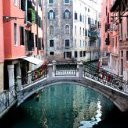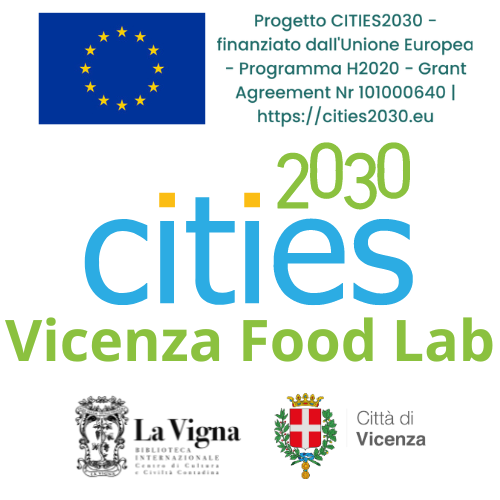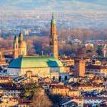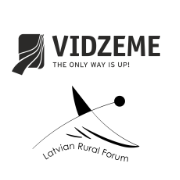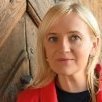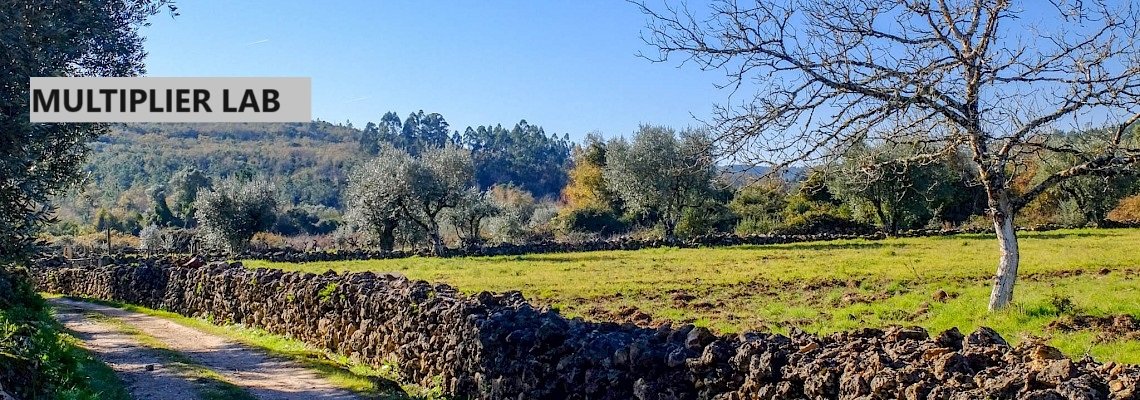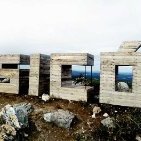Lab Directory
Browse labs by location
All Labs
-
Open Lab · 15 members · Category: Pilot
Belgian historic city at the North Sea with 118K inhabitants. A blend of industry, tourism and care facilities & institutions. Culinary hotspot with 10 Michelin stars and 2 famous cook schools. With the ambition to become a SDG Pioneer (UN initiative). Connected to the rural context Existing Foodlab with proven track record. Quadruple helix partnerships. Catering facility for local elderly population as well as for tourism. University college with focus on food & care
-
Closed Lab · 20 members · Category: Multiplier
Pollica, a rural village in the south of Italy, is the epicenter of Mediterranean lifestyle and the crossover point of history, culture and anthropology of this ancient heritage. The “Paideia Campus” in Pollica, is an experimental center where one can learn a new kind of sociality and live the concept of integral ecology, of which the Mediterranean diet is a concrete example. Everything is connected - environmental protection and human health, regeneration of the territory and citizens' well-being, social justice, and climate change. The Paideia Campus was created to teach how to see these connections and thus design a better future for Pollica, for the Mediterranean, and for the whole world.
-
Open Lab · 18 members · Category: Pilot
The city of Iaşi has a vast experience in food system transformation (local partnerships, projects). In the last four years, the city has invested over 4 million euros to structure the agri-food system. The city aim to further efforts on the previous programme framework to support the city overcome existing barriers to food system transformation, develop sustainable and resilient urban food system policies. The city aim to address food-related needs creating partnerships between public and private entities across regions and nations. Selected projects: Green Weekend Market (promoting local products), Made in Moldova (promoting the potential of local products internally and internationally), Slow Food Youth Network (debates on local products and traditions).
-
Open Lab · 9 members · Category: Flagship
Future Food Living Lab is an extensive network of unique urban and rural spaces created to: - Facilitate access to healthy and sustainable food, - Boost the community engagement around topics such as food innovation, circular economy, climate change, food tech, food waste, vertical farming, and alternative proteins, - Provide a space in which innovative ideas, that are proposed as solutions to the major problems of our food system, can find incubation and visibility, - Give to global and local food and beverage companies a neutral playground for SDGs-centered innovation, done in symbiosis with final beneficiaries.
-
Open Lab · 16 members · Category: Pilot
The city of Haarlem is a municipality in the Netherlands. With 160.000 habitants it’s in the category of middle sized cities. The municipality of Haarlem has initiated an extensive sustainability program that focuses on climate adaptation, energy transition and circular economy. As part of the implementation strategy for this program, several living labs have been created to test new concepts in a practical urban setting. Close cooperation between the municipal government, local business and business organizations, educational institutions and NGO’s has created an easily accessible network of expertise. Actual living labs, active over a period of two years now, include projects focusing on zero emission city logistics and combatting food waste. The Haarlem municipality plays an active part in the living labs in a coordinating capacity. Examples of living labs in the city of Haarlem: Haarlem is the action leader of the Urban Agenda Partnership on Public procurement. The Urban Agenda for the EU was launched in May 2016 with the Pact of Amsterdam. It represents a new multi-level working method promoting cooperation between Member States, cities, the European Commission and other stakeholders in order to stimulate growth, liveability and innovation in the cities of Europe and to identify and successfully tackle social challenges. The Partnership on Public procurement brings together urban authorities (Haarlem, Gabrovo, Larvik, Nantes, Preston, Vantaa), a Member State (Italy), observers and associations (CEMR, EUROCITIES, URBACT) and the European Commission (DG REGIO and DG GROW).
-
Open Lab · 7 members · Category: Multiplier
-
Closed Lab · 14 members · Category: Multiplier
Marseille's region is traditionnally a region of fruits and vegetables production and was self-sufficiant in the 1950s. Today, Marseille's food autonomy is 2,22% (UTOPIES, 2018). 90% of the local production is dedicated to exportation, whereas 90% of what is consumed is imported (Chambre d'Agriculture 13, diagnostic PAT).
-
Closed Lab · 10 members · Category: Pilot
Murska Sobota is the largest town in Pomurje and the northernmost town in Slovenia. It is a typical sub-Pannonian settlement at an altitude of 190 meters. It is located not far from the border with neighboring countries Austria, Hungary and Croatia. It developed in the plain world on the left bank of the Mura River. The name "Sobota" originates from Saturday fairs, and later the adjective "Murska" was added because of the Mura River. It is the administrative, economic, cultural, educational and health center of the Pomurje region.
-
Open Lab · 6 members · Category: Flagship
The purpose of the CRFS Scan is to develop an overall view and description of the local context and to start characterising the city region food system. More specifically, it will begin to explore the overall structure and characteristics of the current food system for its different sustainability and food chain dimensions, analyse the functioning of the current CRFS, take stock of baseline information and identify gaps and provide, to the extent possible, an indication of general trends and critical issues relevant to increasing the sustainability and resilience of the CRFS under examination.
-
Open Lab · 12 members · Category: Pilot
The Seinäjoki pilot implements the themes ‘Nutrition for sustainable and healthy diets’ and ‘Innovation and empowerment of communities’. The pilot relates to Healthy Kids of Seinäjoki concept, which implements Health in All Policies approach. With the activities of the pilot we influence the growing generation that are young or young adults in 2030. They will form a generation of knowledgeable, aware and competent food consumers who value the origin of food. In addition, the activities aim to promote the health and well-being of children and youngsters. The target group of the pilot is children and their stakeholders (families, schools, kindergartens, etc.).
-
Closed Lab · 5 members · Category: Multiplier
Setesdal.shop is a Norwegian arena where local food, service and experience producers creates an independent marketplace for a more omni-effectual customer journey. We promote bundle-deals for physical stores and experience centers that will promote a more vibrant assortment with the goal of strengthening trading and sales for B2B, increase year-round activities and sales for B2C and create an attractive workplace in Setesdal. The Setesdal.shop is supported by the European Union through the Cities2030 project and by the Norwegian Research Council. This initiative involves local partners: Kristiania University, IdeasLab (https://www.ideaslab.no/) at Kristiania University and Pågang Næringshage AS (https://www.pagang.no/) Setesdal.shop uses the Web Brick and Mortar Platform-as-a-Service
-
Open Lab · 4 members · Category: Pilot
The region of Troodos enjoys a unique traditional culture and lifestyle with distinct characteristics (climate, less polluted environment, local food, agriculture and processed agricultural products). People in the area live longer and lead healthier lives than people living in other parts of the island, but very much like other rural and mountainous areas, in Troodos, there was a 50% reduction in population. The Government has started some actions to promote sustainable development in the Troodos region, in an effort to revert the migration of the population in the region. Objective: To explore the unique diet and lifestyle of the Troodos region and export good practices to the urban areas and support the sustainable development and boost the economic environment and livelihood of the Troodos region.
-
Open Lab · 9 members · Category: Multiplier
The City of Venice signed the Milan Urban Food Policy Pact in 2015. Since then, a number of sectoral initiatives and programs have been implemented, especially in terms of supporting youth and fragile social groups. However, there is a lack of coordination among these initiatives and there are neither programs nor strategies for the future of the local food system. Today, the high demand for products to be served in restaurants and hotels requires many foods to be imported from the outside. Local producers are struggling to stay in the market.
-
Open Lab · 6 members · Category: Multiplier
Located in the centre of Portugal, the region of Terras de Sicó covers six municipalities around the Serra de Sicó massif, which divides the river basins of Nabão and Soure. It aggregates the relevant wine subregion of Beiras and must follow the production technologies and traditional oenological practices, as well as those legally authorised. The wine production in this region goes up to the Roman empire, with soils of clay-calcareous origin, with different nuances with small outcrops of schist, populating the green of the sunny slopes with a climate of cold, wet winters and hot, dry summers.
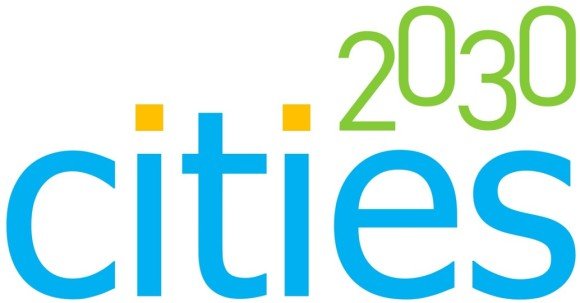
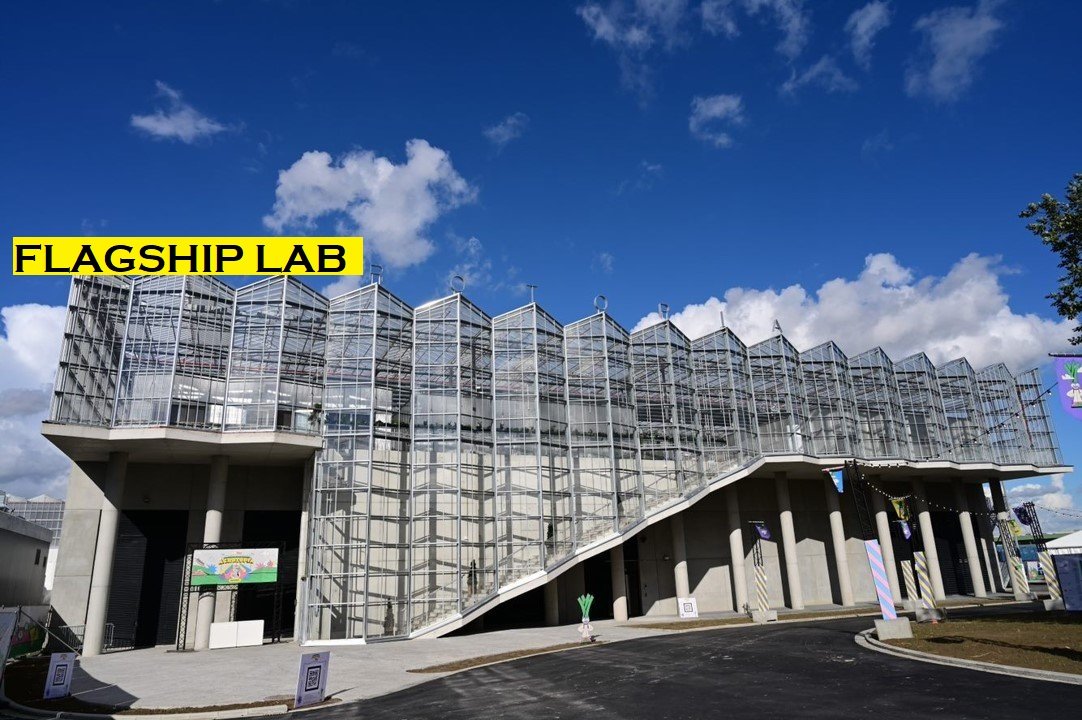
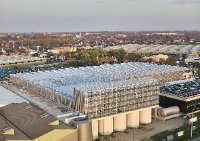

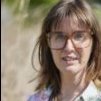
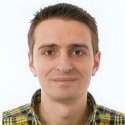
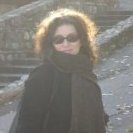
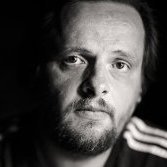
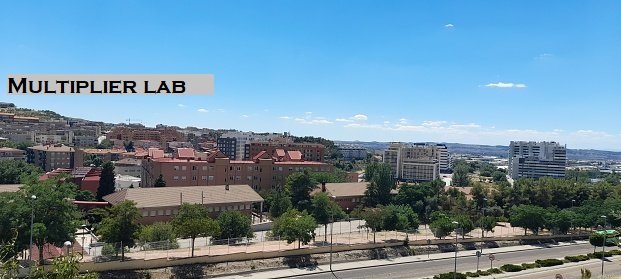
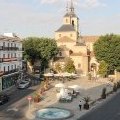

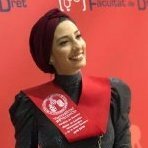

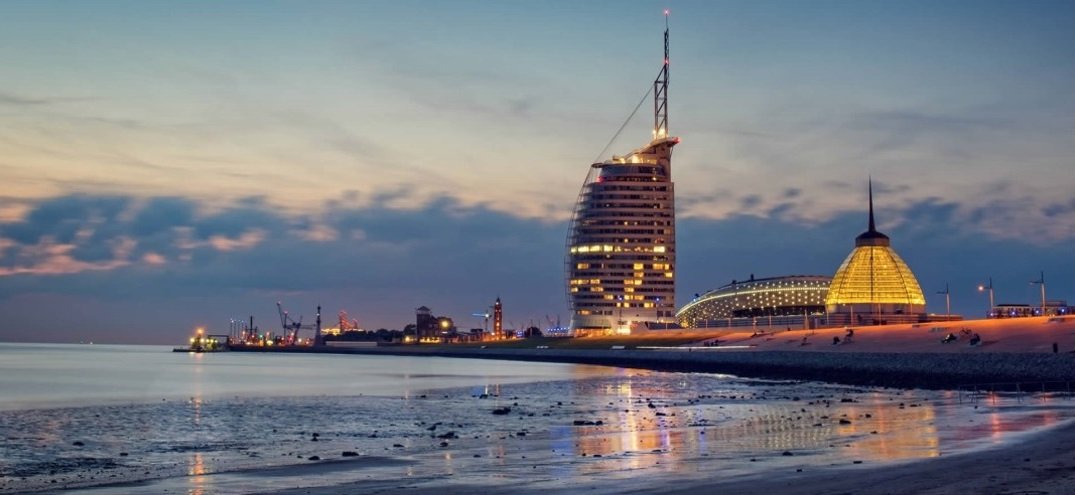
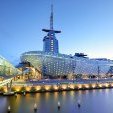
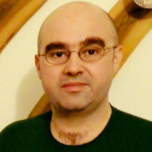
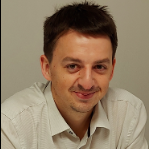
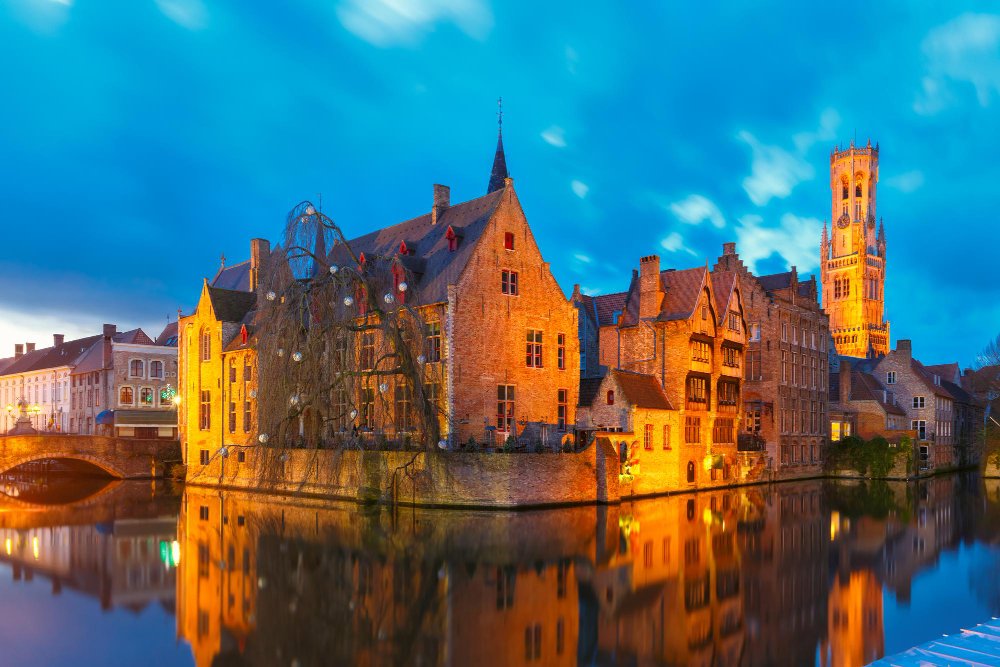
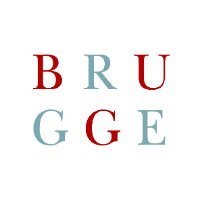
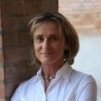
.jpeg.d6c78a680a91b987a93a6721d4557e0a.jpeg)
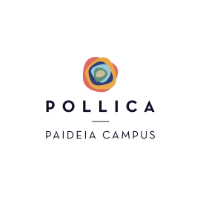
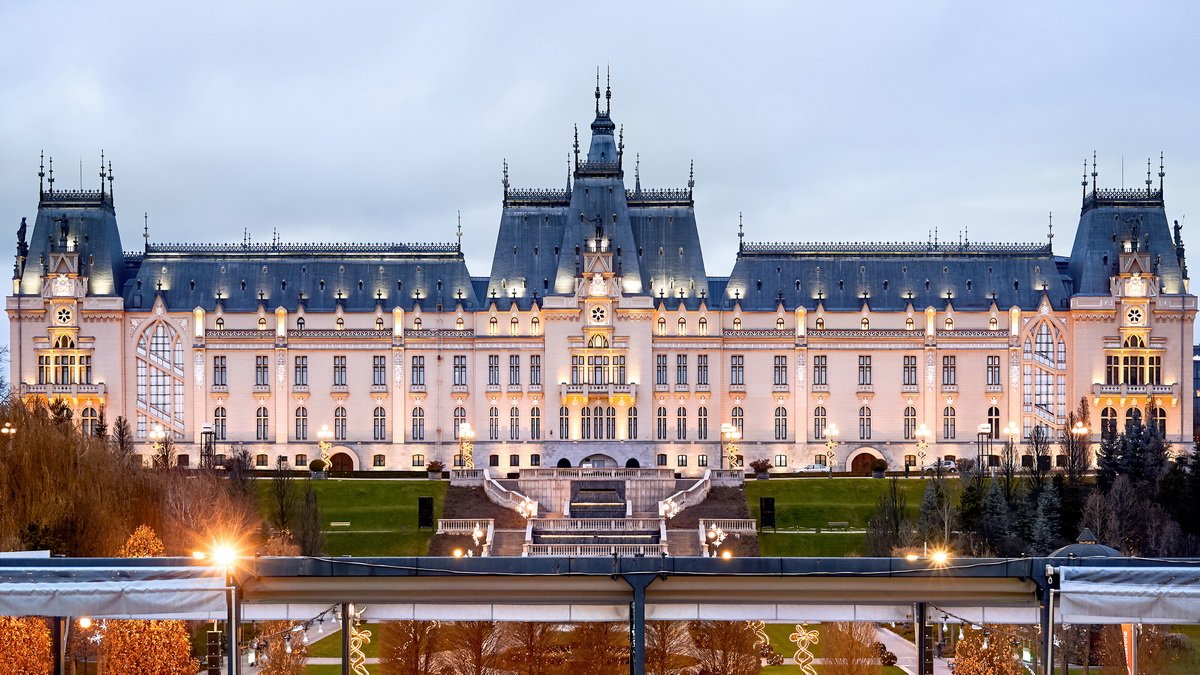
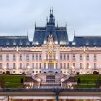

.jpg.f0771eb0c71e9b57e9b6a9f7fe189c04.jpg)
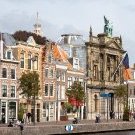
.thumb.jpg.593a6d07d83806bf6c44864e4e38bc00.jpg)
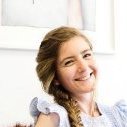

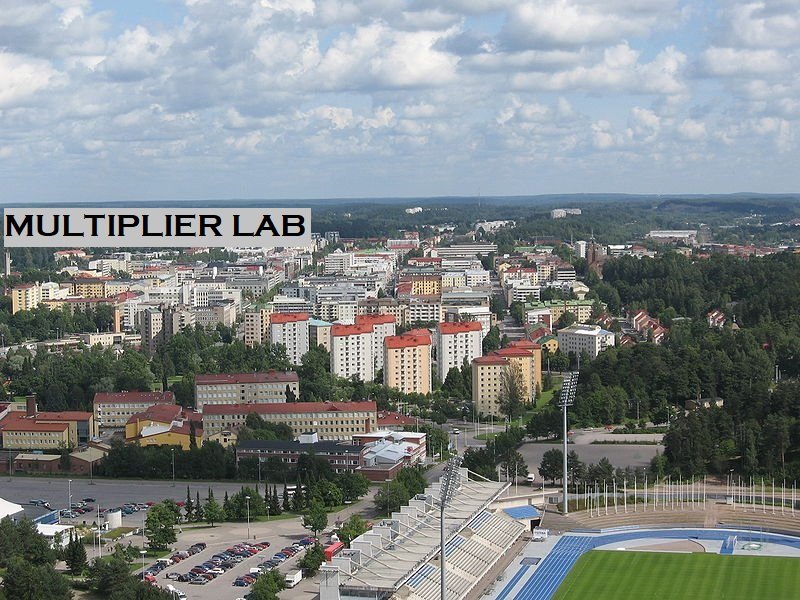

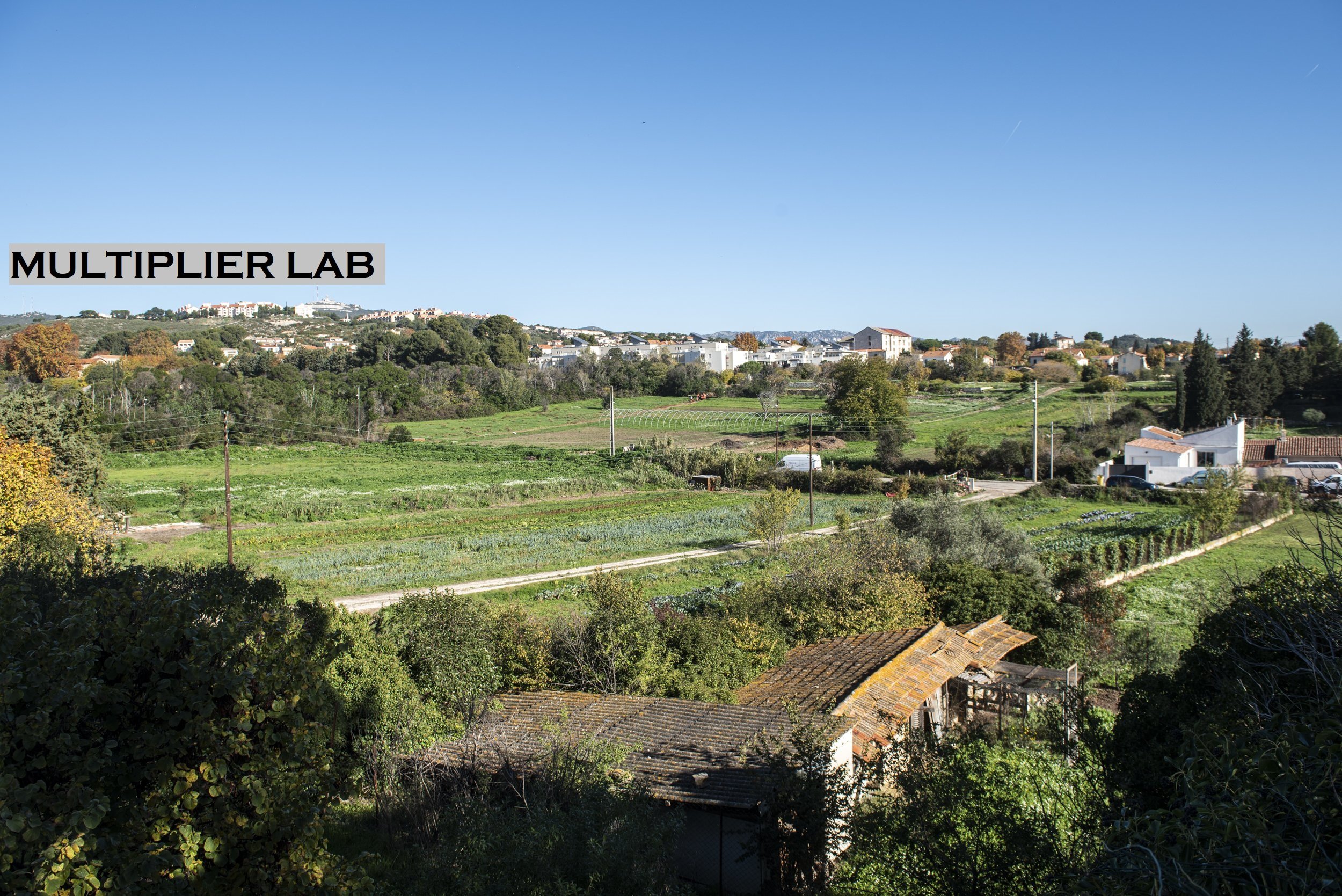
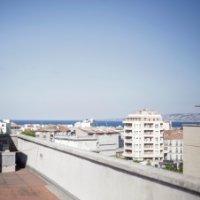
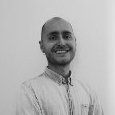
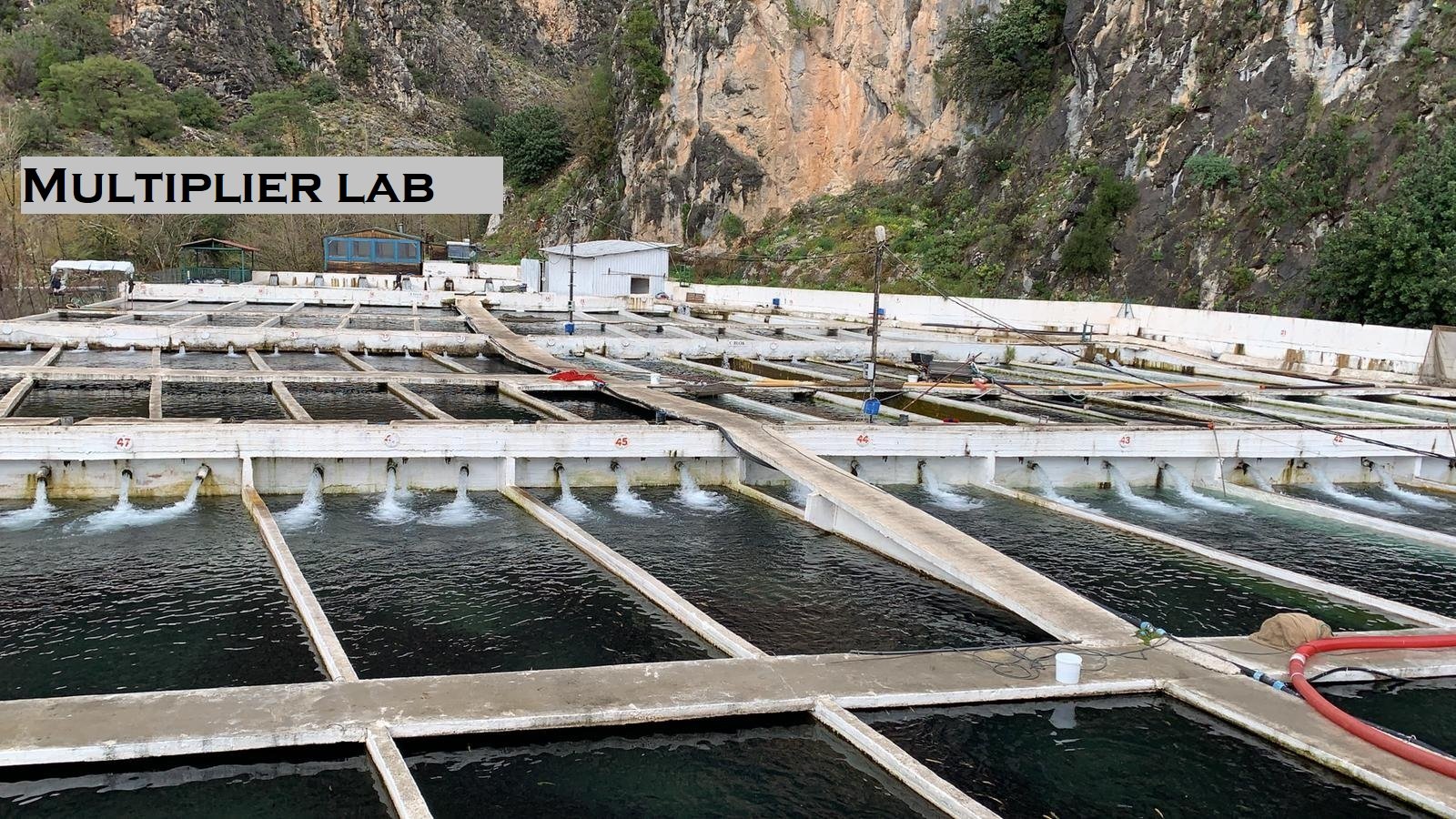
.thumb.png.3b10350b451163aafab5e81b66ab71b4.png)
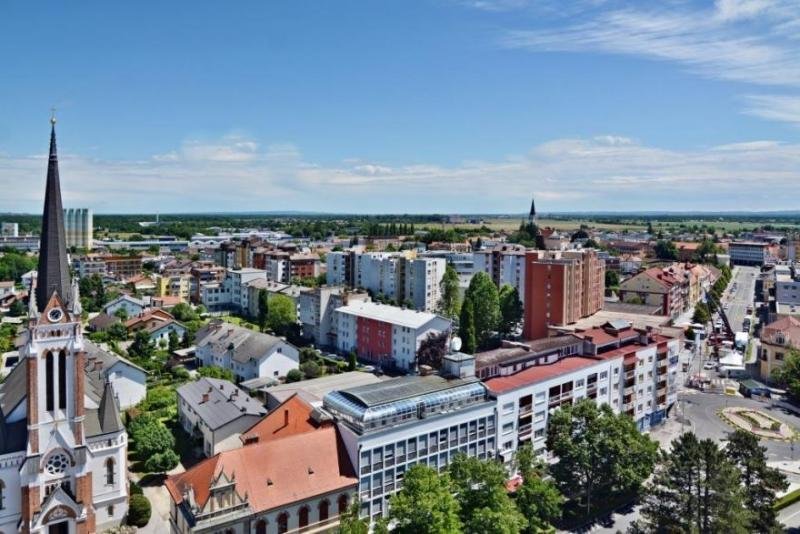
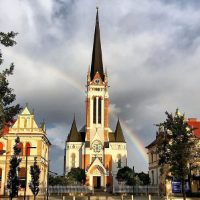
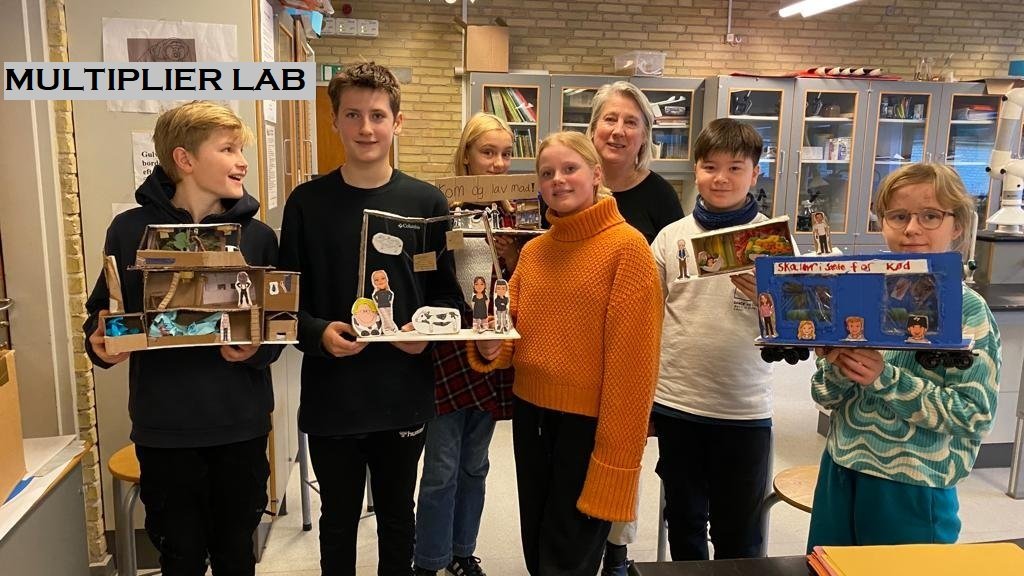
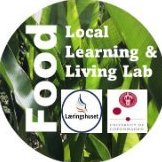
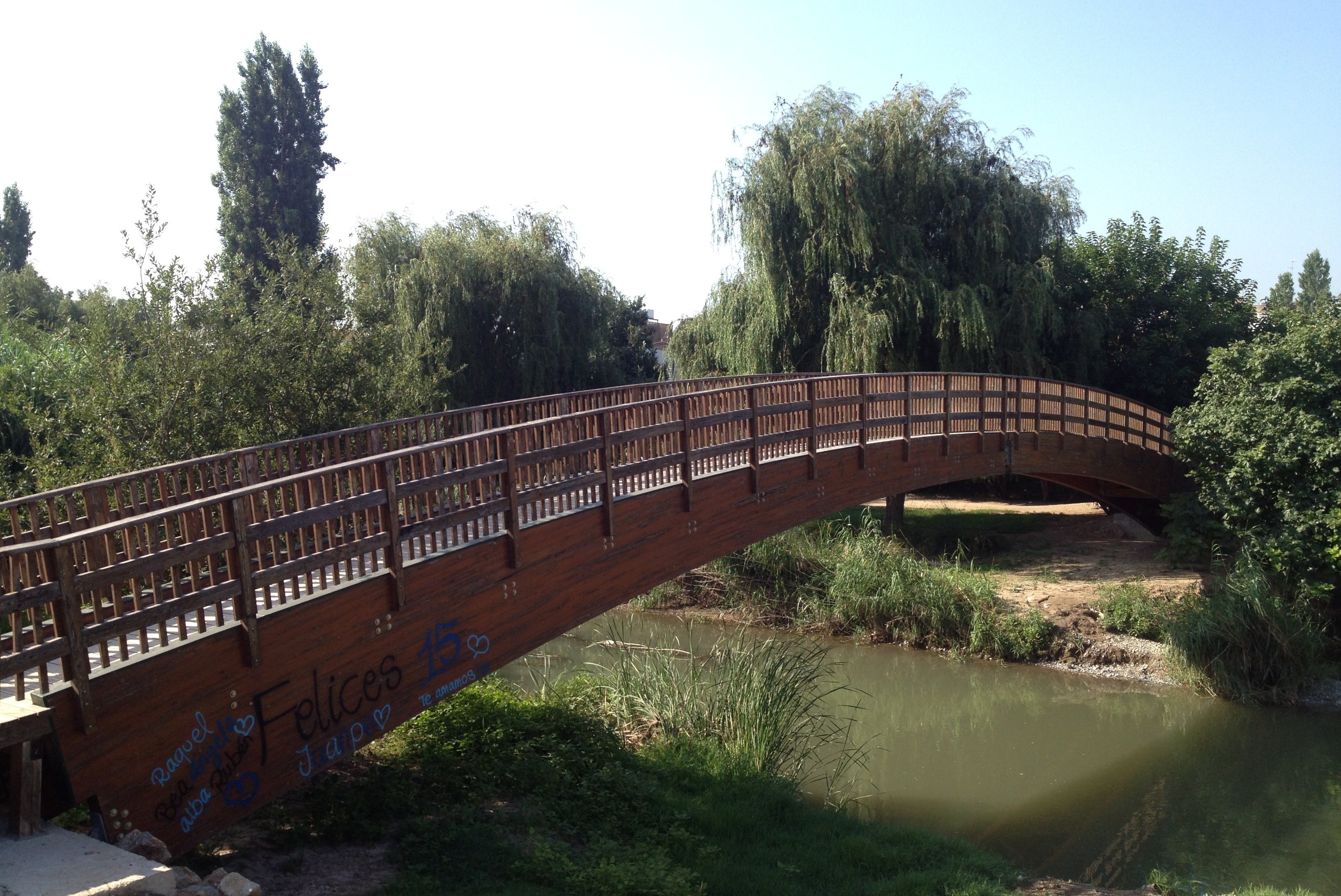
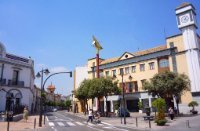
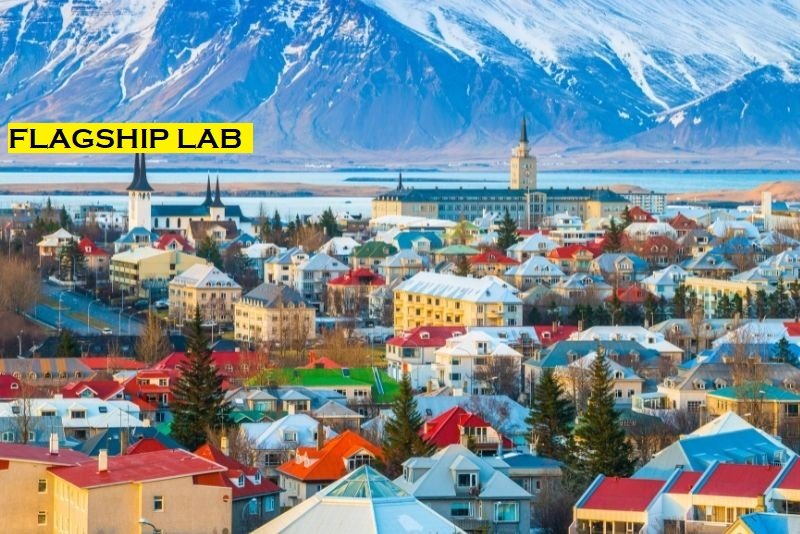
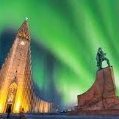
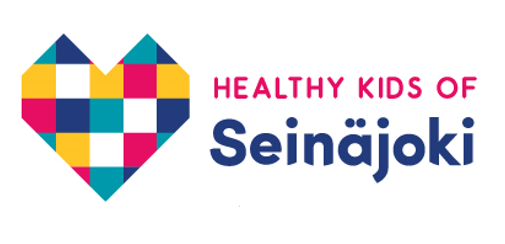

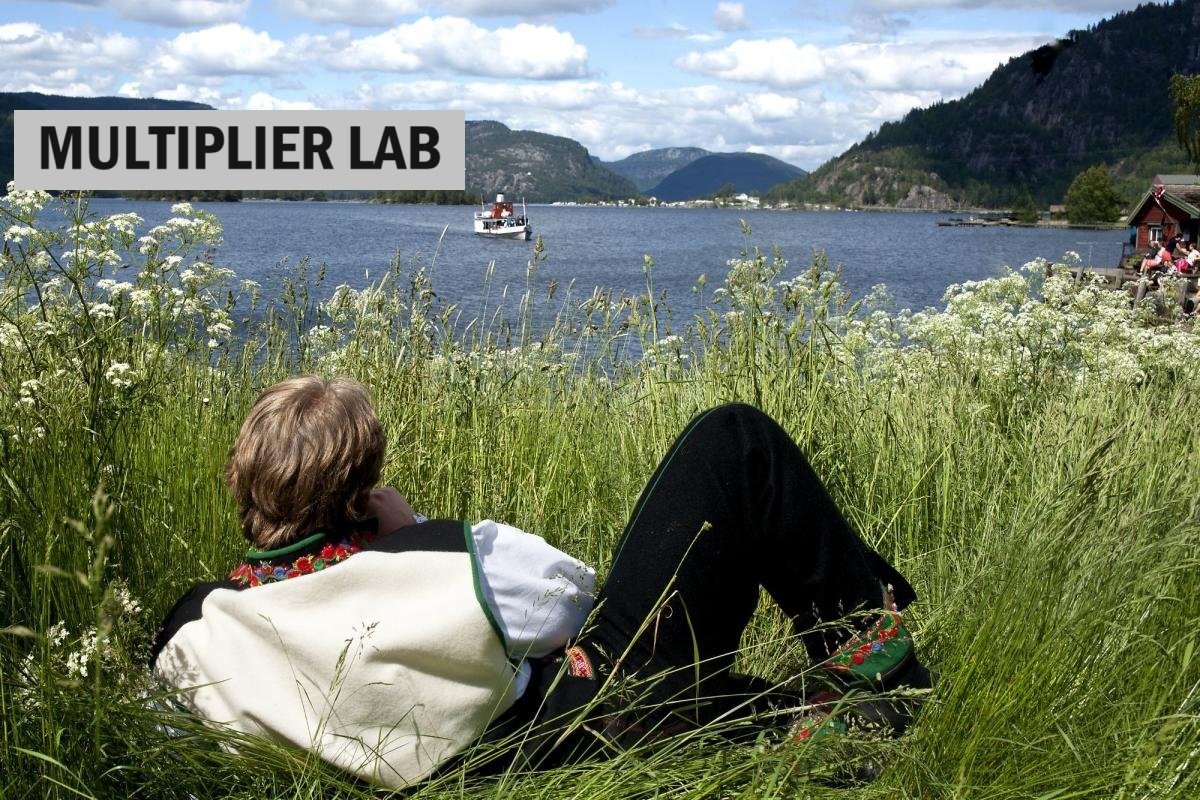
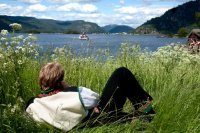
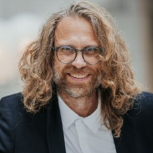
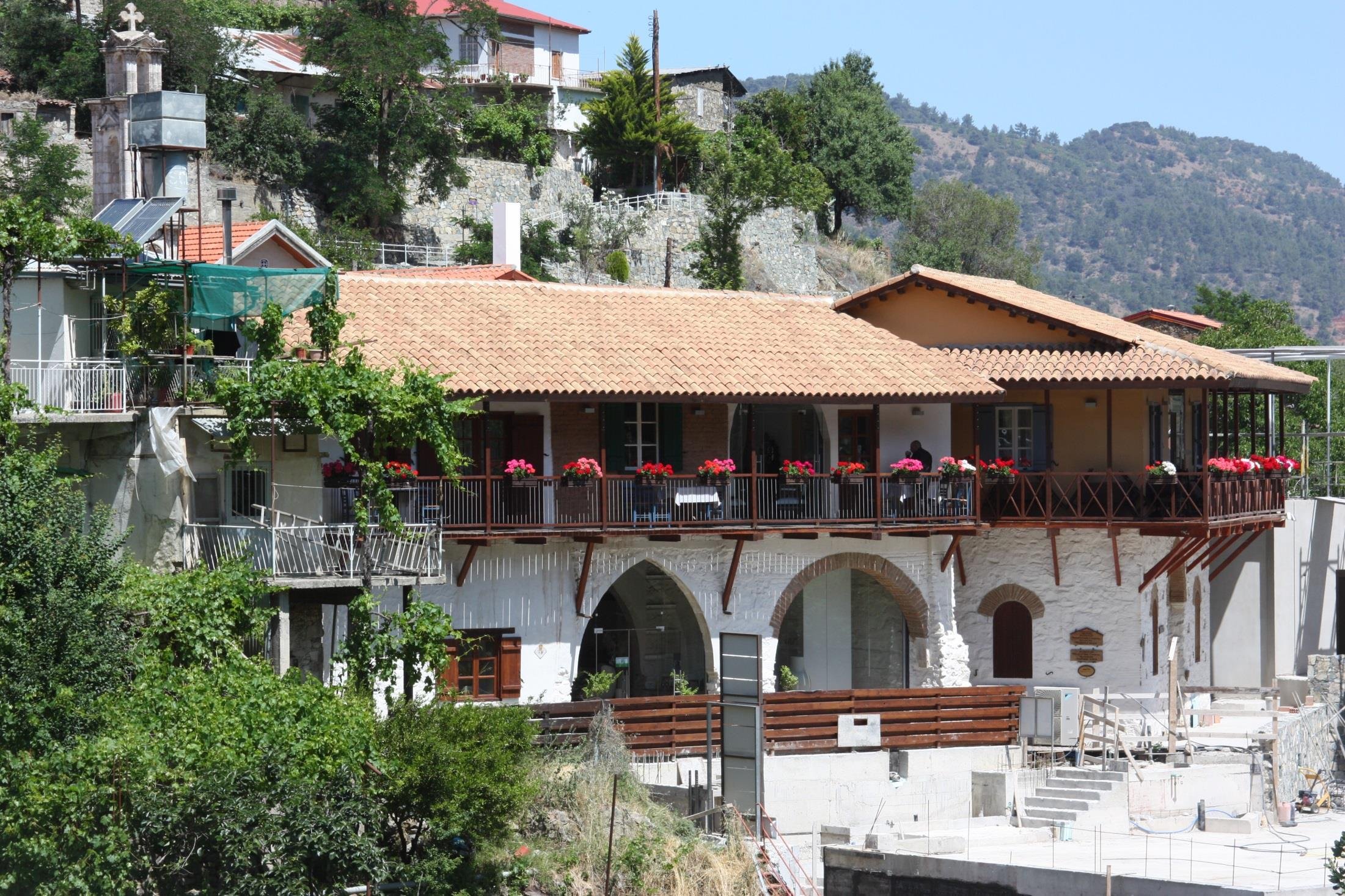
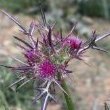
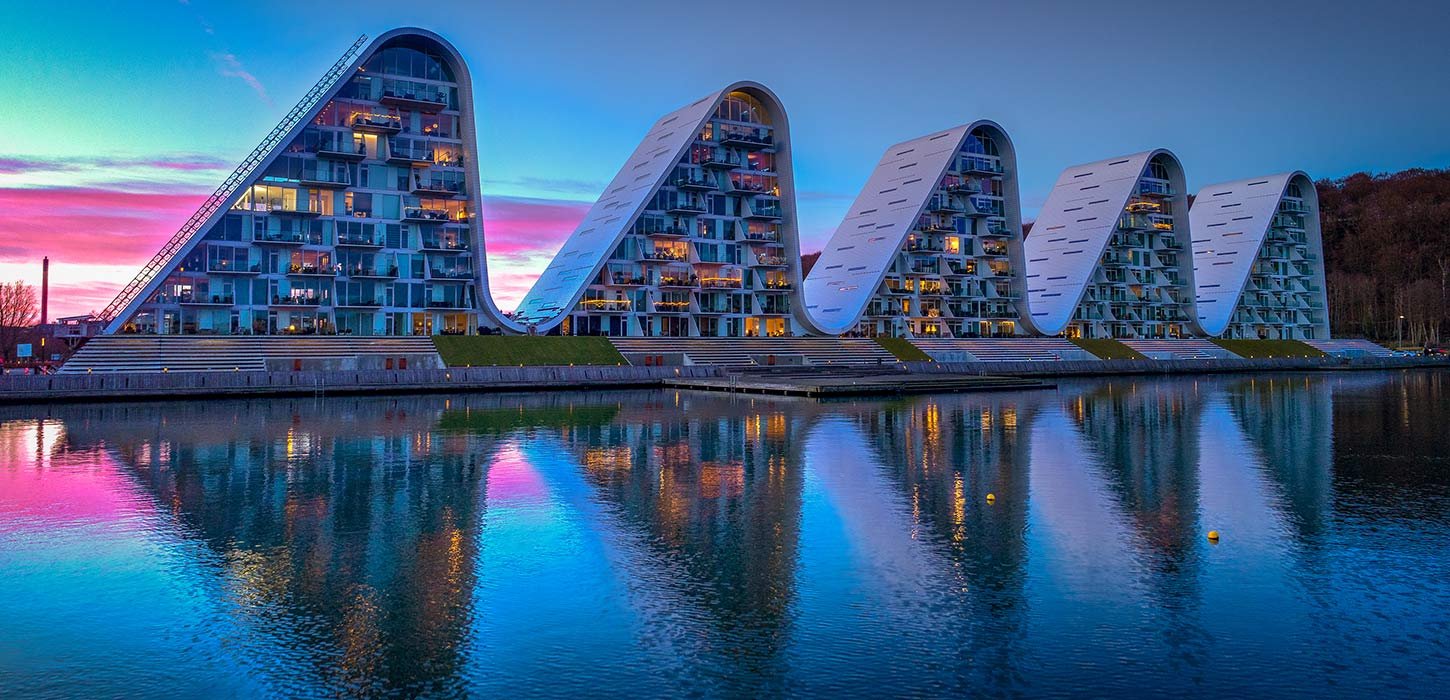
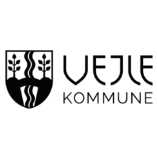
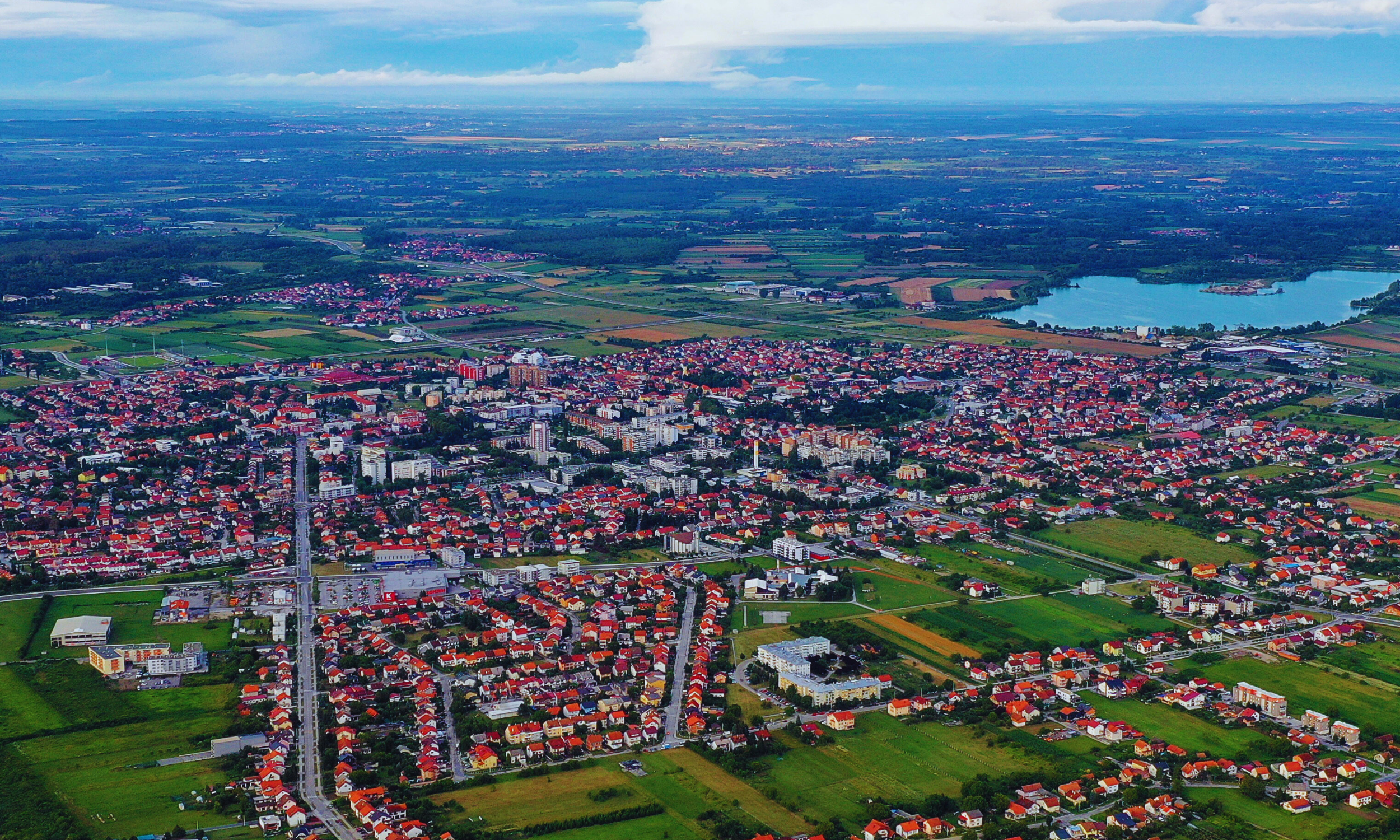
.cropped.png.3c9b75e90e46d6b6d76b5d4641d2fa7a.png)
.jpg.f3463f7775c915874acb2cb39874bb89.jpg.af3b9ea5d37b63878742edbeef4992d3.jpg)
